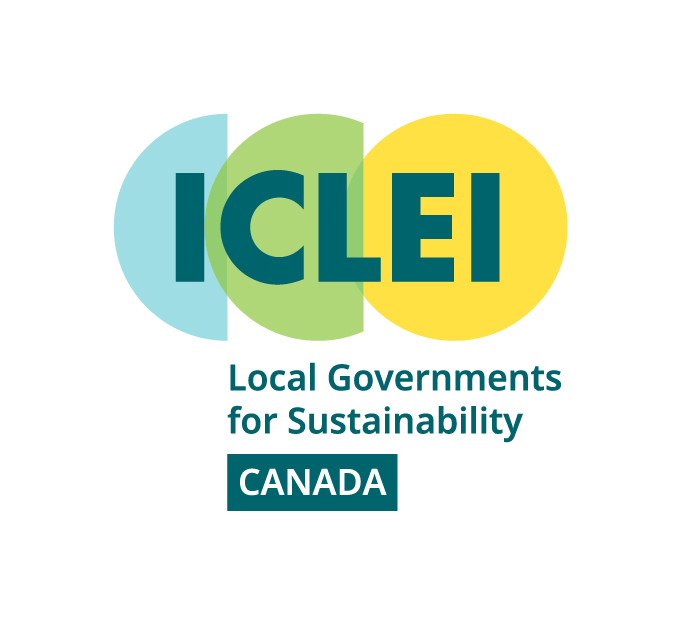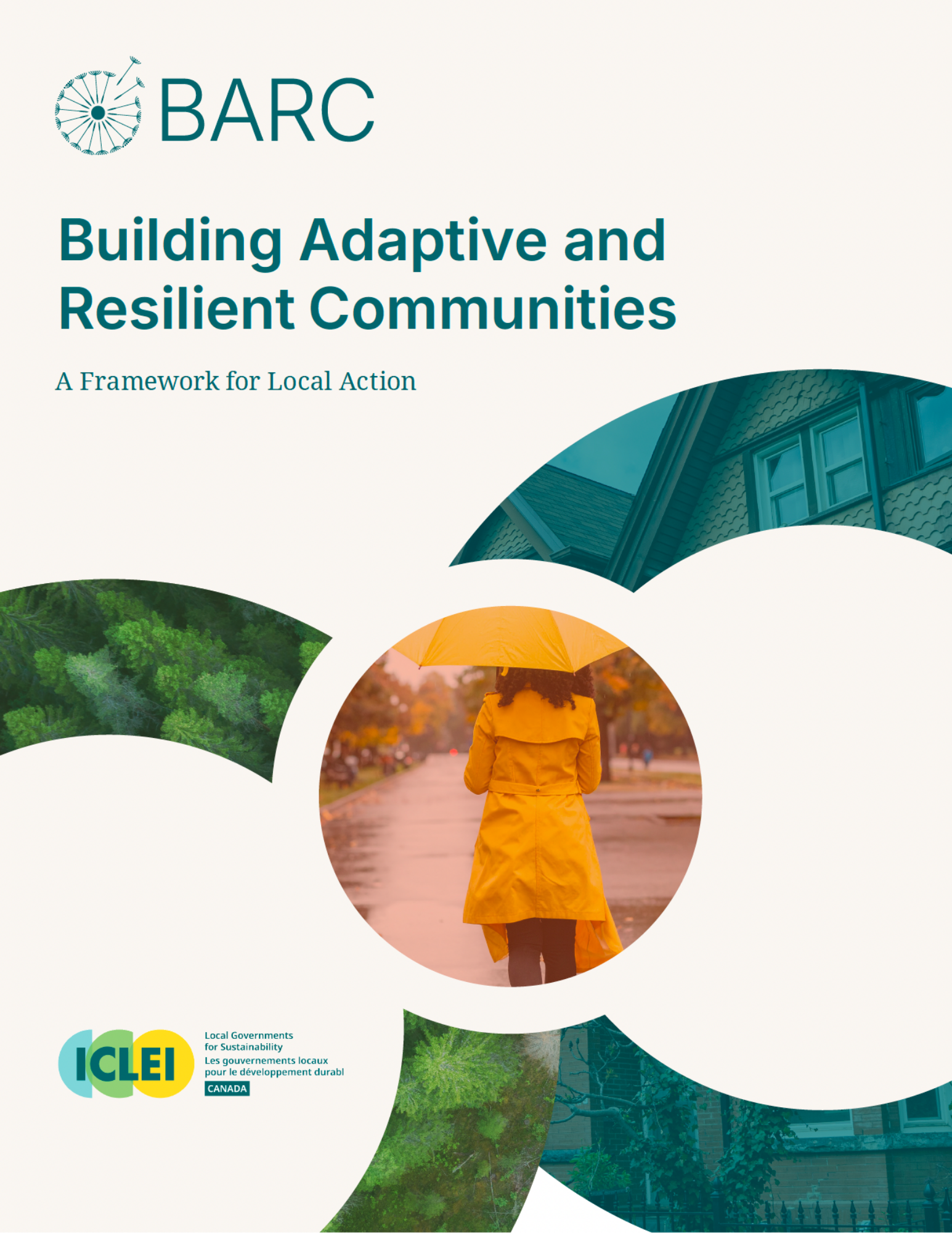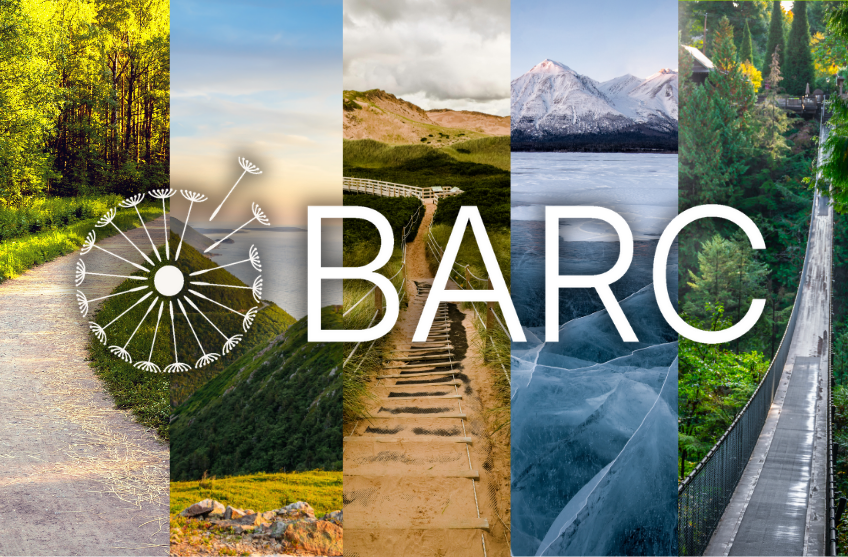BARC Guide
A Framework for local actionBuilding Adaptive and Resilient Communities (BARC) Guide
Climate change is no longer a distant threat. As Canadian communities respond to the realities of climate impacts, adaptation offers a way to proactively protect people, infrastructure, and the economy while supporting health, equity, and the environment. The BARC Guide is a practical resource to help communities meet this moment. Using a milestone-based framework, it equips local governments and their partners with a methodology to move from climate risk awareness to coordinated, sustained local action.
First launched in 2008, its updated framework is shaped by lessons learned from working with diverse communities across Canada. Whether you are preparing for your first adaptation plan, struggling with implementation, or updating existing plans, this guide provides a roadmap to build long-term resilience.
Inside the guide:
- Five milestones with objectives, activities, and outputs defined for each.
- Case studies showcasing adaptation in action from communities across Canada.
- Tips and prompts to help you move through the milestones with ease.
- Additional prompts for users looking to embed equity and reconciliation in adaptation planning.
- Links to access resources to support deeper learning.
Download the guide to get started.
About BARC
BARC is a proven climate adaptation framework for local action. Developed by ICLEI Canada with and for Canadian communities, it provides a clear, flexible five-milestone methodology to build adaptive and resilient communities in a changing climate. Recognized as Canada’s go-to adaptation program, BARC drives climate resilience from early planning through to implementation and monitoring. Above all, BARC meets communities where they are, whether they are just starting, struggling with implementation, or ready to update an existing plan.
Discover similar resources
Reach us
iclei-canada@iclei.org
Suite 204
401 Richmond St. W
Toronto, ON
M5V 3A8
We respectfully acknowledge that ICLEI Canada’s work happens across Turtle Island which has traditionally been and is home to many diverse First Nations, Inuit, and Métis peoples since time immemorial.



